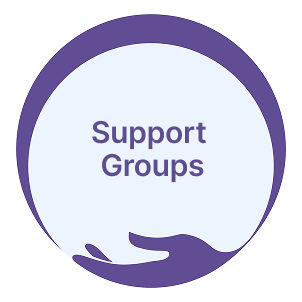GFCNI
Global Foundation for the Care of Newborn Infants
GFCNI works to improve newborn health by advocating for high-quality, accessible, and equitable care, long-term follow-up, and continuing care for both mother and infant in each region of the world.
Neopedia is your neonatal care encyclopedia about prematurity, hospitalization, and beyond.
Neopedia offers information and advice of a general nature, which are not a substitute for professional medical consultation or treatment by healthcare professionals. Always consult your healthcare provider for proper diagnosis and treatment.
Neopedia is powered by

and unconditionally supported by

© 2026 NEOPEDIA. All rights reserved

